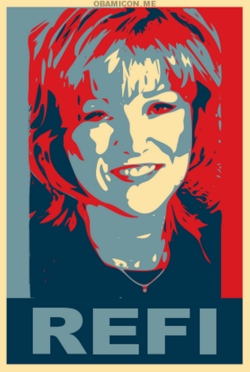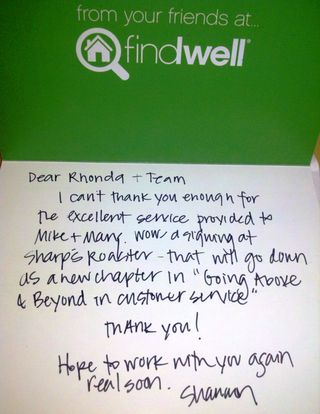On last week’s State of the Union Address, President Obama announced a plan to help underwater homeowners who do not qualify for a Home Affordable Refinance. In order to qualify for a Home Affordable Refi (aka HARP 2.0) the home owner’s mortgage needs to have been securitized by Fannie Mae or Freddie Mac prior to June 1, 2009 and meet other qualifications. If the home owner currently has a jumbo loan, they are instantly disqualified for HARP 2.0. since jumbo mortgages are non-conforming (not Fannie or Freddie programs). HARP is also restricted by existing conforming loan limits and in the greater Seattle area, the current conforming loan limit is $506,000. Even if you have a conforming loan amount of $567,500 (last year’s conforming loan limit in Seattle), current HARP guidelines limit you to a $506,000 loan amount.
President Obama’s proposal is to help underwater home owners who have made their mortgage payments on time and who do not qualify for HARP 2.0 is to allow them to have an FHA insured mortgage without an appraisal. FHA insured mortgages have different loan limits than conforming. In the Seattle area, the FHA loan limit is $567,500. Obama’s new refi program, should it come to fruition, will be limited to FHA loan amounts.
FHA mortgages are a great program, however they’re also very expensive when compared to conventional loans. This is because they have both upfront and monthly mortgage insurance fees, which are constantly being raised by Congress. FHA mortgages have both upfront and monthly mortgage insurance regardless of the loan to value of the property.
As of 8:30 this morning, an FHA rate on a loan amount of $567,500 in Seattle – Bellevue with a 720 or higher credit score is 3.750% for a 30 year fixed rate (apr 4.767). Principal and interest with the financed UFMIP is $2,654.46 and the monthly mortgage insurance premium is an additional $515.85 for a total (PIMI) payment of $3,170.31, not included property taxes and insurance. This PIMI payment equals an interest rate in the low-to-mid 5% range if you compare it to a conventional mortgage.
This program is also costly as Obama plans to pay for it by charging banks additional fees and we all know that this trickles down to the consumer. The Temporary Payroll Tax illustrates how banks have increased mortgage rates AND the cost to extend a rate lock commitment.
It’s reported that the new program will not require an appraisal or proof of income and will be available for primary residences only. Employment will need to be verified and mortgage payments must have been made on time for the last 6 months. Although this is “Obama’s Refi Plan”, we have to wait and see if Congress approves it and how the big banks and lenders will embrace this program.
If you currently have an FHA insured mortgage, you don’t need to wait and see if Obama’s refi plan will help you. You may already be able to refinance with an FHA streamlined refi without an appraisal.
If you would like to stay informed of mortgage programs like this, please subscribe to my blog (upper right corner) or follow me on Twitter and Facebook. You can unsubscribe anytime!
If you are interested in a mortgage for a home located anywhere in Washington state, I’m happy to help you! I have been originating all types of loans at Mortgage Master Service Corporation since 2000. Click here for your no-hassle mortgage quote on your Washington property.











Recent Comments